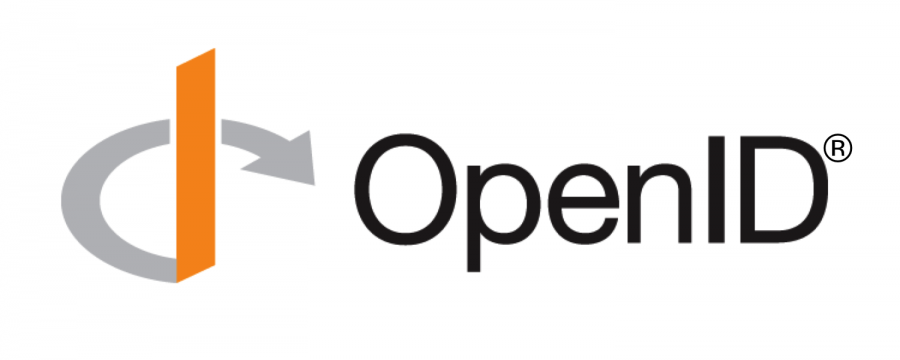Make providing Open ID Connect service easier!
Connect SDK provides the following features out of the box:
- Support for authorize code flow, hybrid flow, implicit flow and client credentials flow
- HMAC-SHA256 based authorize code
- JWT based access token
- HMAC-SHA256 based refresh token
- JWT/JWE based id token
- Support for all token endpoint authentication methods
- Support to parse parameters from HTTP request, request parameter and/or default values.
The SDK is designed with interfaces in mind, it can always to be extended to fit customized needs.
Add to repositories
repositories {
maven {
url "https://dl.bintray.com/imulab/connect-sdk"
}
}Add to dependencies
compile 'io.imulab:connect-sdk:0.1.1'Add to repositories
<repository>
<id>bintray-imulab-connect-sdk</id>
<name>bintray</name>
<url>https://dl.bintray.com/imulab/connect-sdk</url>
</repository>Add to dependencies
<dependency>
<groupId>io.imulab</groupId>
<artifactId>connect-sdk</artifactId>
<version>0.1.1</version>
</dependency>- Setup the flow handler
- More to come
Connect SDK is designed to do the heavy lifting, but still leaves the choice of technology stack to users. It only depends on three libraries, namely kotlin-stdlib, kotlin-coroutine and jose4j.
In order to achieve this, the library had left several service provider interfaces for users to adapt to their own library of choice:
Service Provider Interfaces (click to expand)
HttpClient- for making HTTP calls, mainly to resolve non-cached request object or client JWKS.HttpRequest- for parsing HTTP request data, used heavily in request parsers.JsonProvider- for parsing JSON objects, used mainly for parsing the claim parameter to Map.SecretComparator- for comparing client secrets, used in secret based authenticators. The default implementation uses string equality comparison.Client- users shall provide their own client data model and it can be enabled to persist in any ways.ClientSecretAware- optional interface if the user decide to utilize secret based authentication.JwksCacheAware- optional interface if the user decides to cache the client JWKS obtained during client registration.RequestCacheAware- optional interface if the user decides to cache the request object obtained during client registration.AuthorizeCodeRepository- interface to provide storage capability for authorize code and its related sessionAccessTokenRepository- interface to provide storage capability for access token and its related sessionRefreshTokenRepository- interface to provide storage capability for refresh token and its related session
In addition to that, out of box features also uses interfaces that can be re-implemented. These interfaces include:
Extension Point Interfaces (click to expand)
AuthorizeHandler- handles authorize endpoint requestTokenHandler- handles token endpoint requestAuthenticator- handles token endpoint authenticationAuthorizeRequestParser- parses parameters for the authorize endpoint requestTokenRequestParser- parses parameters for the token endpoint requestAuthorizeCodeStrategy- handles algorithms to generate and validate authorize codeAccessTokenStrategy- handles algorithms to generate and validate access tokenRefreshTokenStrategy- handles algorithms to generate and validate refresh tokenIdTokenStrategy- handles algorithms to generate id token
The MIT License (MIT) 2019 - Weinan Qiu. Please have a look at the LICENSE for more details.




